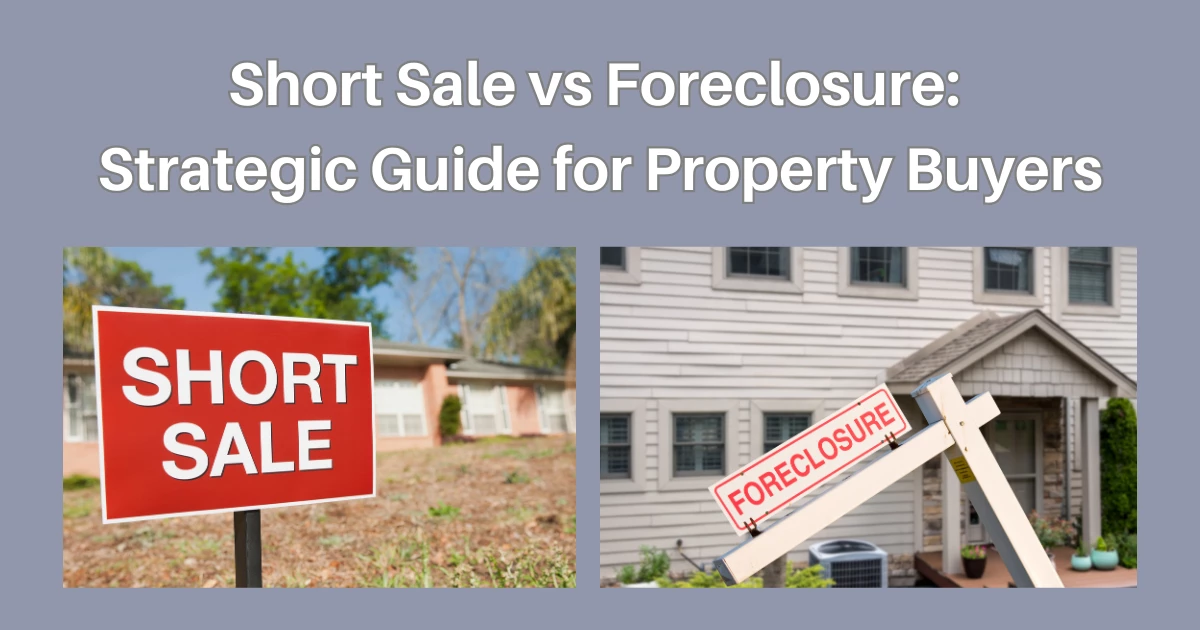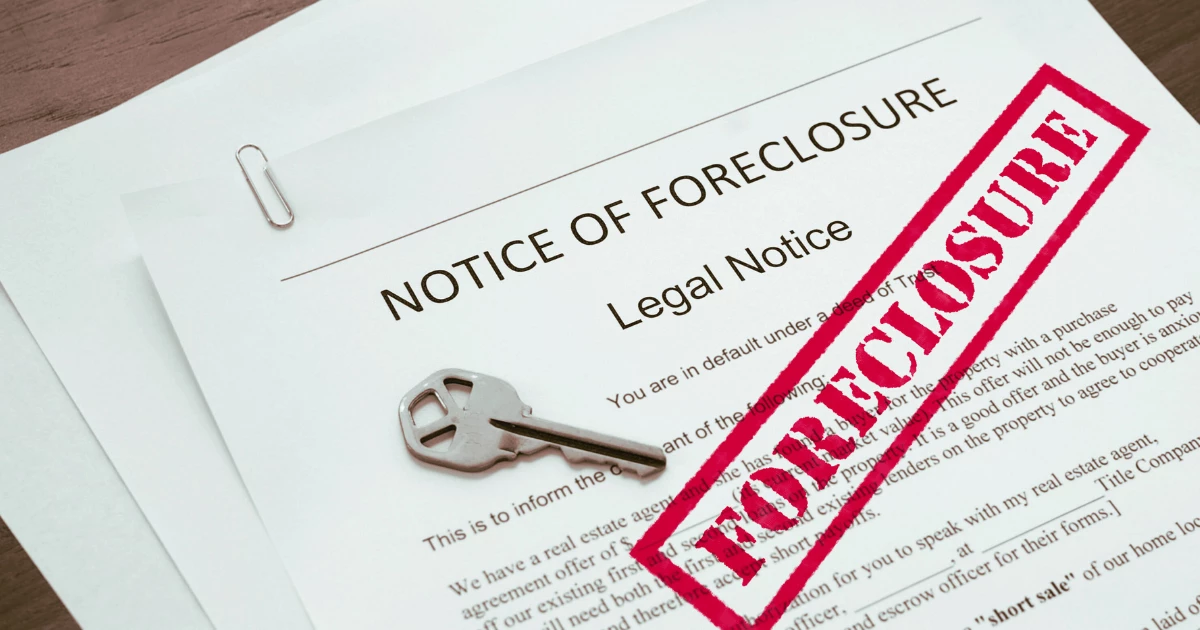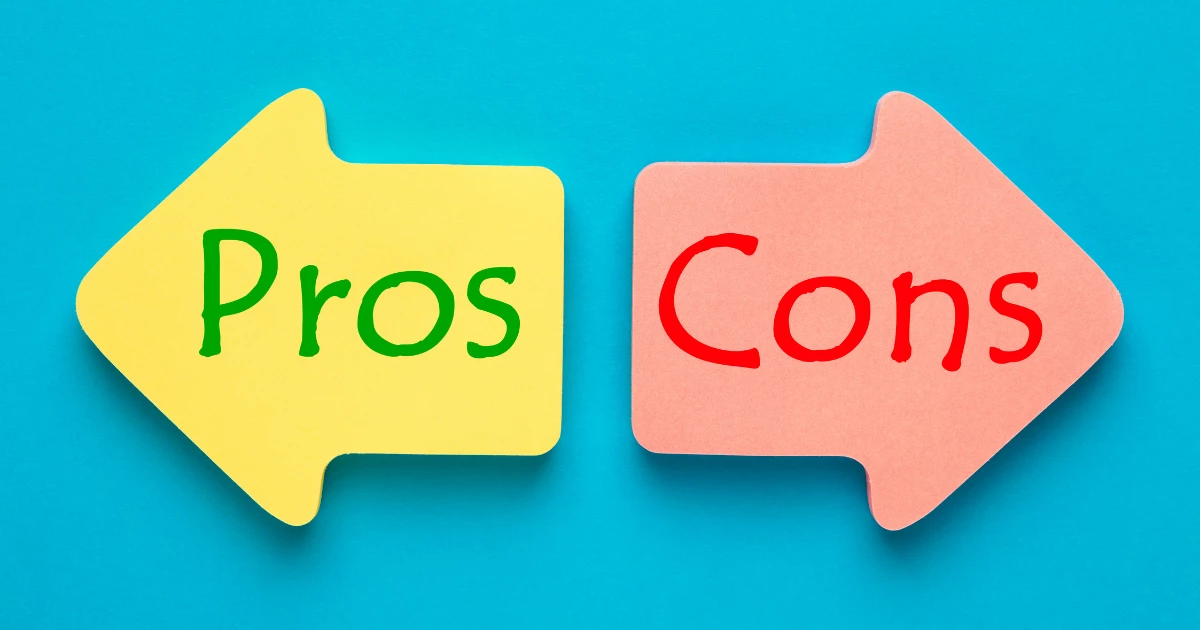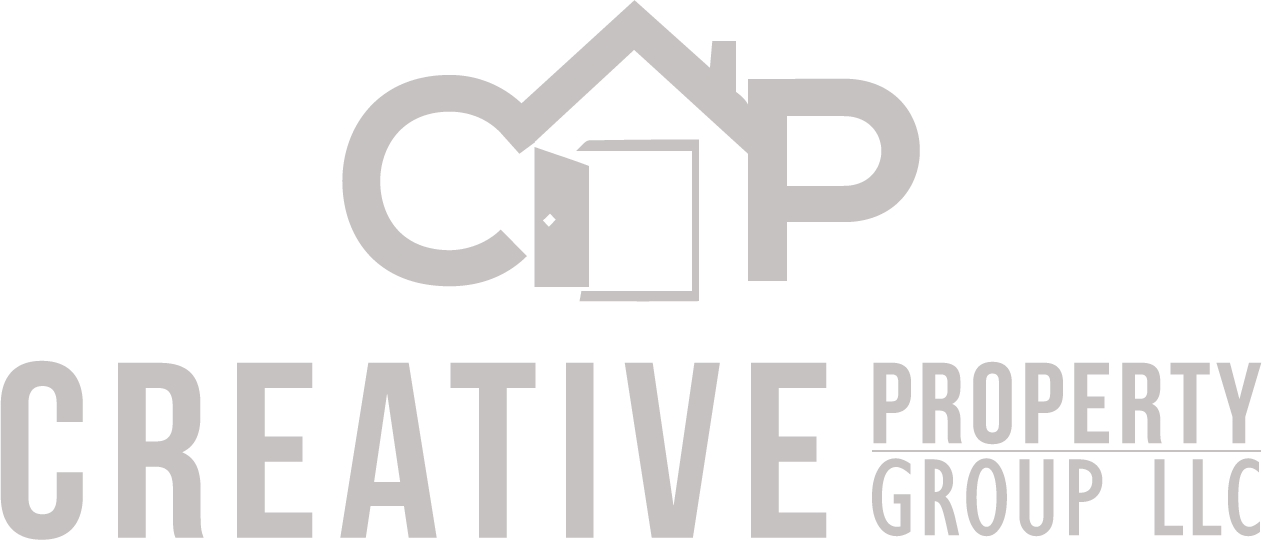Short Sale vs Foreclosure: Strategic Guide for Property Buyers

Navigating the Complexities of Short Sale and Foreclosure
Ever wondered, “What’s the actual impact of a short sale vs foreclosure on my situation as a property buyer?” Well, you’re not alone. Let’s take a quick tour of these real estate territories.
Short sale and Foreclosure – two buzzwords you’ve likely heard if you’re in the property market. In the simplest terms, both are outcomes of financial difficulties experienced by homeowners. But the key differences between the two can have major implications on your journey as a property buyer.
Here’s the deal: A short sale is when the homeowner sells their property for less than the outstanding mortgage balance with the bank’s approval. Foreclosure, on the other hand, is when the homeowner defaults on their mortgage payments, and the bank steps in to sell the property.
Understanding these options as a property buyer is not just smart – it’s essential. Why? Because they can be a goldmine of opportunities or, if mishandled, a field of landmines. Whether you’re an all-cash offer champ or a bargain house hunter, getting the hang of short sales and foreclosures could mean the difference between scoring a fantastic deal or falling into a financial pitfall. So buckle up, and let’s start our deep dive!
Understanding Foreclosure

Imagine this scenario. You’re a homeowner with a mortgage loan, and suddenly, you hit a rough patch, say, a loss of income. Paying your mortgage becomes a struggle, and late payments start to pile up. That’s when the dreaded word enters the picture – Foreclosure. But what does it mean?
Foreclosure is a legal process that kicks in when a homeowner can’t meet their mortgage obligations. Essentially, the bank (or other mortgage lenders) swoops in to reclaim the property, aiming to recover the outstanding loan balance by selling the property. This bank-owned house then goes up for auction – often termed a foreclosure auction.
Now, here’s the deal. Foreclosures can lead to homes selling for less than their fair market value – talk about a potential bonanza for savvy property buyers! But don’t break open the champagne just yet. Foreclosures also come with their share of risks. For instance, these properties are usually sold as-is, meaning you might inherit some additional costs with potential renovation costs. Plus, buying a house sight unseen can bring with it additional risk.
Example of Foreclosure
Let’s look at a real-life example. Consider a residential property listed at an appraisal price of $300,000. Due to financial hardships, the homeowner defaults, and the house goes into Foreclosure. The bank, hoping to recover its outstanding mortgage debt, puts the house up for auction. As a buyer, you may get the opportunity to purchase this property at a price significantly below its appraised value – let’s say, $250,000. Congrats, you’ve just walked away with a property at a $50,000 discount! However, you soon discover it needs $30,000 worth of repairs. So, you’re in for some additional investment, but overall, you’re still ahead of the game!
Unpacking Short Sale

Let’s switch gears and look at short sales. Picture this: you’re a distressed homeowner with an underwater mortgage (that’s when you owe more on your home than it’s worth). You’re facing the risk of Foreclosure, but there’s another path you could take – the short sale.
In a short sale, the property is sold for less than the outstanding loan balance. But there’s a catch – you need the bank’s approval. Once you’ve jumped through the necessary hoops (additional paperwork), your property is on the market, and just like that, you’re in the short sale zone.
From a buyer’s perspective, a short sale can be an attractive opportunity to scoop up property below market value. But keep your eyes wide open – short sales usually involve extra paperwork, and a longer wait for lender approval, and the property is typically sold in its actual condition.
Example of a short sale
Imagine a homeowner with a property valued at $300,000, but they owe $350,000 on their mortgage. Facing financial hardship, they opt for a short sale with their bank’s approval. The property goes on the market, and you, as a buyer, purchase it for $280,000. That’s a neat saving of $20,000 on the property’s value! The caveat? You might be waiting a little longer for this deal to close due to the bank’s involvement in the sale process. Good things come to those who wait, right?
Knowing the ins and outs of short sales and foreclosures can be a game-changer for property buyers. So, stay informed and happy property hunting! Our experienced real estate agents at Creative Property Group, LLC, are here to help if you need more guidance. Just contact us, and let’s make your property dreams a reality!
Short Sale vs Foreclosure: A Comparative Analysis
Financial implications
So, you’re probably wondering, “What’s the financial impact of a short sale vs foreclosure?” Good question! Let’s break it down.
For starters, both options could mean you, as a buyer, snap up a property below its fair market value. That’s a bonus for your bank balance! But remember, with great deals can come additional costs. In a foreclosure, the property is typically sold ‘as-is,’ meaning you might need to fork out potential renovation costs. And in a short sale, expect extra paperwork and a longer wait for lender approval, which could cost you time.
Credit Implications
Now, let’s chat about your credit score. Why does it matter? Well, your credit standing can affect everything from your mortgage loan approval to the interest rate you get. While you, as a buyer, won’t directly take a hit on your credit score in either a short sale or foreclosure, understanding the credit implications for sellers can help you navigate these deals.
Pros and cons for buyers

Ready for the lowdown on short sale vs foreclosure pros and cons for buyers? Here goes:
Short Sale:
Pros – Potential to purchase at below appraisal price and less competition than in traditional sales.
Cons – Longer waiting period due to bank approval. The property is sold in actual condition, which might require additional investment.
Foreclosure:
Pros – Often sold at a lower purchase price. Since it’s a bank-owned house, it usually means a quicker sale.
Cons – As-is sale can result in unexpected repair costs. There is a possible competition from other bargain house hunters.
Key differences and similarities
When comparing short sale vs foreclosure, some key differences pop up, such as the seller’s financial situation and the bank’s role in the sale process. But remember, both are outcomes of financial hardship, often offer below-market prices, and present unique opportunities and challenges for property buyers.
Guidance for Property Buyers: Choosing between Short Sale and Foreclosure
So how do you decide between a short sale vs foreclosure? Here are some factors to consider:
- Your readiness to handle potential additional costs
- Your tolerance for risk (think as-is sale vs actual condition)
- Your timeline for purchasing (foreclosures can be quicker!)
Here is some friendly advice from your real estate guides at Creative Property Group, LLC:
- Doing your homework is crucial. Look into the current market, understand your financial situation, and be ready to take on the additional work that comes with these types of sales.
- Consider working with an experienced attorney or real estate agent familiar with these transactions. They can provide invaluable guidance to help you navigate complex processes.
Remember, whether you choose a short sale or foreclosure, each has its challenges and opportunities. Your job is to make an informed decision that best suits your needs. Good luck, and happy house hunting!
The Power of Informed Property-Buying Decisions

In conclusion, let’s revisit our journey through the world of short sale vs. foreclosure. We’ve peeled back the layers of these complex real estate processes, understood the financial implications, scrutinized the impact on credit scores, and examined the pros and cons. And remember, the differences are as significant as the similarities, with both paths arising from financial hardships and offering potential bargains.
As a property buyer, having the scoop on short sale vs foreclosure isn’t just a good-to-have. It’s essential knowledge that empowers you to make smart, informed decisions. Whether you’re a seasoned real estate investor or a first-time buyer, understanding these processes can give you a leg up in the competitive property market.
Ready to explore short sale and foreclosure opportunities? Reach out to our team at Creative Property Group, LLC. We’re here to offer personalized advice tailored to your unique situation. Remember, knowledge is power; we’re here to power up your property-buying journey. Contact us today!


